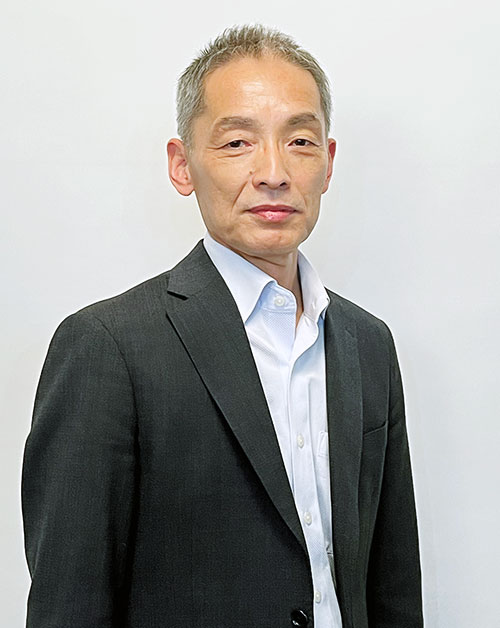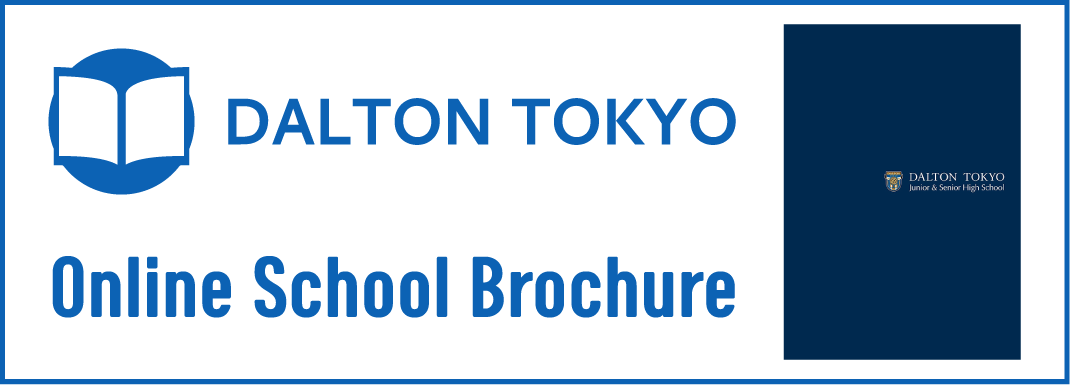
Director’s Welcome
Immerse yourself in an environment where the heart desires to learn,
And the inquisitive mind can develop without restraint.
“Student-centered education” develops through the dual concepts of “freedom” and “cooperation”. Academic freedom encourages students to pursue their own academic interests and maximize their individual potential. Coupled with cooperation, students are continually empowered to be leaders who can problem-solve and come up with creative solutions even in unpredictable times.
Educators should always keep a forward-thinking mindset. When today’s students are grown, it will be a completely different era with advances in technology that we can only imagine today. Thus, our aim is to give students an individualized learning experience that actively incorporates new methods and tools, rather than fixed educational methods.
The cooperative relationship between students and faculty is the key to the intellectual liveliness and curiosity that shapes the Dalton community. Our unique school culture requires an ongoing commitment to constant change by developing new teaching methodologies, curricula, and materials, while not losing sight of tried and true methodologies that have served us well in the past. Guided by the Dalton Plan, and a pragmatic, forward-thinking approach to education, Dalton Tokyo Junior & Senior High School prepares students to face the future with confidence and conquer the unknown.

Nagatoshi Yasui
Director of
Dalton Tokyo Junior &
Senior High School
[Educational Philosophy]
Seek for Thyself
As the timeless wisdom “Know thyself” inscribed in the ancient Greek temple of Delphi states, we are committed to supporting students to become self-motivated lifelong learners.
[Vision]
As a school based on the Dalton Plan, we believe that every student should be:
- ●Fearless, self-directed, and a life-long learner.
- ●Someone who embraces diversity, and who collaborates with others.
- ●A self-motivated, independent, and productive member of society.
[Mission Statement]
In order to instill these ideals in our students, we as a school are committed to:
- [1] Promoting a student-centered learning approach.
- [2] Encouraging students to be inquisitive about the world around them while fostering a deep love of learning.
- [3] Valuing diversity while cultivating a more globally minded perspective.
- [4] Respecting our students’ identities and individuality in a supportive and progressive learning environment.
The Dalton Plan
At the core of Dalton Tokyo is the Dalton Plan: an educational method created and developed by the visionary U.S. educator Helen Parkhurst. Based on her three pillared system — the House, the Assignment, and the Laboratory — the Dalton Plan aims to enhance students’ abilities by focusing on the principles of “Freedom and Cooperation.”
An Educational Method with Over a Hundred Years of History
Frustrated with what she saw as a failure of the education system at the time, Helen Parkhurst devoted herself to developing a new student-centered approach to educational instruction. In her quest to create this new plan, she drew inspiration from notable peers in the education field at the time, including Maria Montessori, Ralph Waldo Emmerson, and in particular John Dewey, whose own philosophy on a student-centered approach to education greatly influenced Parkhurst. At the heart of this plan is the idea that students’ ultimately need the freedom to pursue their own passions and interests, and in so doing become independent and self-sufficient learners.
Planning for the Future
Japan has been at the forefront of economic development and educational standards for much of its modern history; however, innovations in technology, and an ever-increasing push towards globalization, make it clear that it is time for a radical change in the way that students are educated and prepared for the future.
A shift in how we approach education is needed, one that emphasizes student autonomy, promotes creativity and problem solving, embraces diversity and collaboration, and above all else puts students at the very center of learning.
It is our belief that the Dalton Plan exemplifies these ideals, and offers a progressive and unmatched alternative to the mainstay education system in Japan. We are in a unique position to introduce this new approach in education — through the use of the Dalton Plan — and ask that you join us in the singularly important task of raising up this next generation of young minds, with the charge to go out into the world and truly make a difference for the future.

The Three Pillars of the Dalton Plan
House
Embracing Diversity
The House is a class comprised of students across all grades. It is meant to give students a sense of identity within the school, while helping to broaden their perspective through authentic interactions with members of different peer groups.

Assignment
Encouraging Proactive Learning
The Assignment represents a problem-based learning approach designed to make students more proactive. Assignments are both subject—and content—focused, and include instruction on setting goals, revising their own work, and guidance on where they can go for further study.

Laboratory
Providing a Time and Place for Self-Directed Learning
The Laboratory is a designated time and place where students can further their learning in a specific content area—either independently or with peers—under the guidance of a faculty member. Students are encouraged to take advantage of these times to help further their understanding of a subject or topic in an engaging and supportive learning environment.


